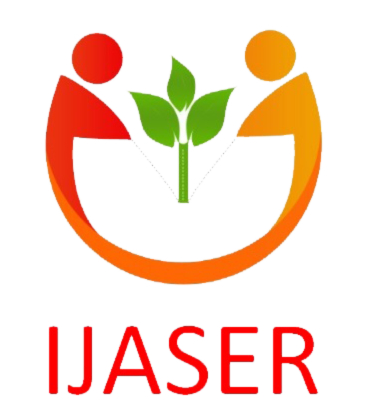| Title: NURSE CRIMINAL RESPONSIBILITY FOR CRIMINAL ACTIONS IN NURSING PRACTICE |
| Authors: Mardhatillah, Syukriadi, Fazzan, Akhyar and Agusmadi |
| Abstract: Article 23 paragraph (3) of Law Number 36 of 2009 states that in providing health services, health workers are required to have a permit from the government. Then Article 23 paragraph (5) of Law Number 36 of 2009 states that “provisions regarding licensing as referred to in paragraph (3) are regulated in a Ministerial Regulation. Article 4 of Law Number 36 of 2009 concerning Health states that everyone has the right to health. Health services for the community are carried out by health workers. Article 1 point 6 of Law Number 36 of 2009 states that a health worker is any person who has devoted himself to the health sector and has knowledge and/or skills through education in the health sector which for certain types require the authority to carry out health efforts. Nurses are included in the definition of health workers as referred to in Article 1 Point 6 of Law Number 36 of 2009. Based on the mandate of Article 23 paragraph (5) of Law Number 36 of 2009, the Regulation of the Minister of Health of the Republic of Indonesia Number 161/Menkes/Per/I/2010 concerning the Registration of Health Workers and Regulation of the Minister of Health Number HK.02.02/Menkes/148/2010 was issued. 2010 concerning Perawa Practices and Perawa. This study aims to determine the criminal responsibility of nurses for criminal acts in carrying out nursing actions based on laws and regulations, the criminal responsibility of nurses in implementing the nursing practice, and the factors that cause criminal acts in nursing practice at Teuku Umar Regional General Hospital. This research is descriptive and analytical, using normative juridical and empirical juridical approaches. The sample in this study were 7 doctors 25 nurses and the head of the nursing field with a total sample of 33 respondents. The results of the study show that the criminal responsibility of nurses for criminal acts in carrying out nursing practices in carrying out health service activities for the community at the Teuku Umar Aceh Jaya Regional General Hospital, sometimes there is work in the field of health services for a doctor who is carried out by nurses, this is as stated by medical staff at the Teuku Umar Regional General Hospital, that is, some of the doctor’s work is delegated or handed over to nurses to do it, such as changing verband, installing catethers, installing infusions, sewing/treating wounds, removing pus from wounds, removing live tampons after surgery patients nose, injection, and so forth. Nurses are allowed to carry out medical procedures in hospitals based on nurse competence, educational background, courses, training, and assistance from the doctor concerned (who treats patients) because nurses are doctors’ partners. In Law Number 36 of 2009, this is not explicitly regulated, but in various ministerial-level regulations, this is confirmed. In carrying out their main duties and functions, sometimes nurses take wrong actions and this has happened at the Teuku Umar Aceh Jaya Regional General Hospital, including (1) cases of nurses giving wrong drugs or wrong routes of administration, (2) cases of nurses making mistakes administration of infusion (expired), and (3) cases of nurses giving wrong transfusions (different blood groups). The nurse’s actions are not subject to criminal sanctions because they are not regulated in the Health Law or the Law on Hospitals and the patient also does not die. The actions taken against these nurses were administrative sanctions and professional development in accordance with the Internal Regulations at the Teuku Umar Regional General Hospital. |
| Keywords: Criminal Responsibility, Nurses, Nursing Practices. |
| DOI: https://doi.org/10.52267/IJASER.2023.4206 |
| PDF Download |
International Journal of Applied Science and Engineering Review (IJASER)
ISSN: 2582-6271 An Open-Access E-journal
